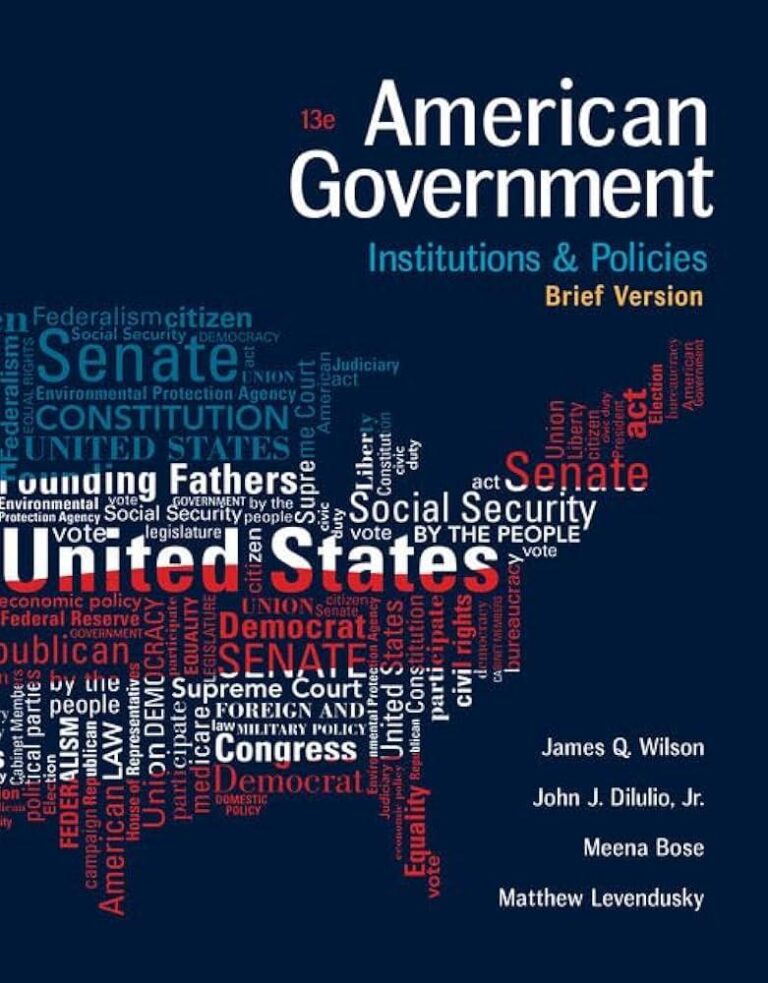Understanding Poverty in South Sudan
Poverty in South Sudan is a critical issue that affects millions of people. With a significant percentage of the population living below the poverty line, it becomes essential to identify effective political policies aimed at alleviating this crisis.
The Role of Governance in Economic Development
Effective governance is the backbone of any successful poverty reduction strategy. In South Sudan, establishing a transparent and accountable government could incentivize economic growth and improve living standards.
Investment in Education and Health
Education and healthcare are vital components in breaking the cycle of poverty. Government policies that prioritize funding in these sectors can equip citizens with the skills and health necessary to contribute to economic development.
Infrastructure Development
Infrastructure is a crucial facilitator for economic activities. Political policies that support infrastructure development can enhance access to markets, thereby reducing poverty levels in South Sudan.
Encouraging Private Sector Growth
A thriving private sector is essential for creating jobs and opportunities. Policies that encourage entrepreneurship and investment can foster a more vibrant economy, directly contributing to poverty alleviation.
Addressing Social Inequities
Social inequalities exacerbate poverty in South Sudan. Political measures aimed at promoting equality and inclusivity can play a significant role in reducing the poverty gap.
Conclusion
a multi-faceted approach is needed to effectively reduce poverty in South Sudan. As highlighted, addressing governance, education, infrastructure, private sector growth, and social inequities are pivotal in the fight against poverty. For more information on how to reduce poverty in South Sudan, visit this link.

